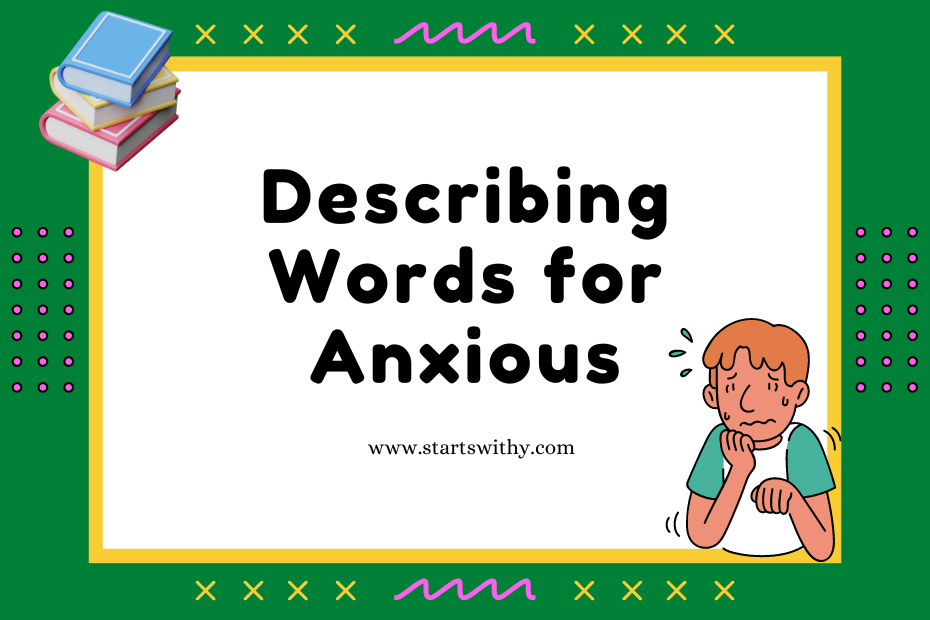Feeling anxious is a common experience that many of us can relate to. Whether it’s before an important presentation, a nerve-wracking job interview, or simply facing a challenging situation, anxiety can creep in and take hold. But how exactly do we describe this feeling of unease and apprehension?
In this article, I’ll be exploring a range of adjectives that can help us better understand and articulate our anxious emotions. From “nervous” to “worried” and everything in between, we’ll delve into the world of descriptive words that capture the essence of anxiety. So, if you’re ready to expand your vocabulary and gain a deeper understanding of this complex emotion, let’s dive in and explore the adjectives for anxious with some real-life examples.
How to Describe anxious? – Different Scenarios
When it comes to describing anxious emotions, an expansive vocabulary can be incredibly helpful. Being able to articulate our anxious feelings with precision can contribute to a better understanding of ourselves and others. In this section, I’ll provide you with a variety of adjectives that can be used to describe anxious emotions in different scenarios. Let’s dive in!
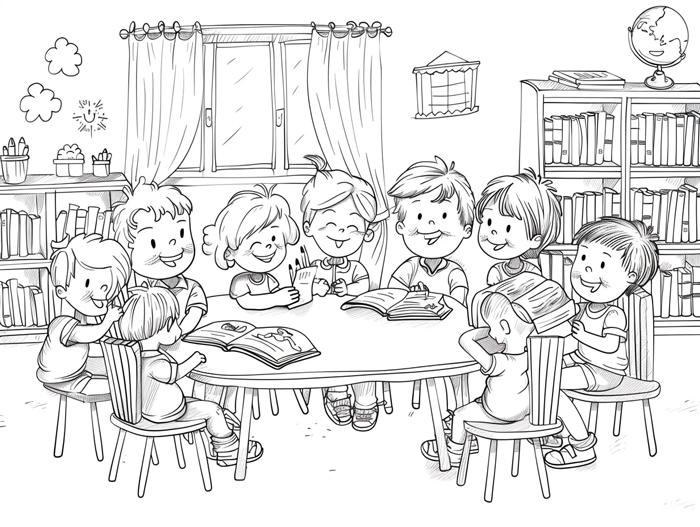
Everyday Situations:
- Fidgety, restless, on edge, jittery, wound up, tense, high-strung, wired, jumpy.
- Nervous, uneasy, apprehensive, worried, concerned, troubled, bothered, unsettled.
- Overthinking, ruminating, catastrophizing, mind racing, unable to focus, scattered.
- Lightheaded, sweaty, shaky, heart racing, rapid breathing, nausea, butterflies in stomach.
Social Situations:
- Self-conscious, awkward, shy, inhibited, uncomfortable, out of place, tongue-tied.
- Apprehensive about judgment, scrutiny, criticism, rejection, feeling like an imposter.
- Difficulty making eye contact, blushing, stammering, avoiding conversations, wanting to disappear.
- Feeling isolated, left out, excluded, inadequate, like everyone is watching and judging.
Academic Situations:
- Stressed, overwhelmed, pressured, burdened, feeling unprepared, inadequate.
- Difficulty concentrating, studying, recalling information, taking tests, meeting deadlines.
- Negative self-talk, doubting abilities, fear of failure, perfectionism, paralyzed by fear.
- Physical symptoms like fatigue, headaches, stomachaches, difficulty sleeping.
Environmental Situations:
- Claustrophobic, trapped, suffocated, panicked in enclosed spaces, crowded places.
- Agoraphobic, anxious in open spaces, large crowds, unfamiliar environments.
- Fearful of heights, darkness, storms, animals, specific objects or situations.
- Feeling unsafe, vulnerable, on guard, hypervigilant, easily startled.
As you navigate through different scenarios, remember that anxiety is a normal part of life. Using descriptive adjectives can help us articulate our emotions and communicate our needs effectively. By expanding our vocabulary, we can foster a deeper understanding and empathy towards ourselves and others. So, next time you experience anxious feelings, try using these adjectives to describe and explore your emotions.
Describing Words for anxious in English
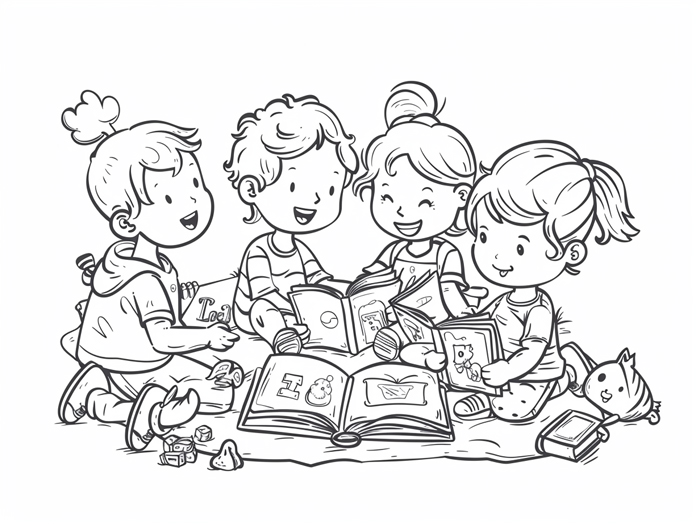
When it comes to describing anxious emotions, a rich vocabulary is crucial. It allows us to articulate our feelings more precisely, fostering a deeper understanding and empathy towards ourselves and others. In this section, I’ll provide you with a variety of adjectives that can be used to describe anxious emotions in different scenarios.
- Everyday Situations
- Social Situations
- Academic Situations
- Environmental Situations
Reframing anxiety as a normal part of life can help alleviate the stigma surrounding these emotions. By using descriptive adjectives to express our anxious feelings, we can better communicate our needs and experiences to others. Remember, it’s important to acknowledge and validate our emotions, allowing ourselves the space to navigate and overcome anxiety.
Using descriptive adjectives not only enhances our communication skills but also helps others understand what we’re going through. This creates a more supportive and empathetic environment for everyone involved. So, don’t hesitate to expand your vocabulary and embrace the power of language in describing anxious emotions.
Let’s take a closer look at some examples of how these adjectives can be used in everyday conversations.
| Sentence | Adjective |
|---|---|
| I feel nervous before giving a presentation. | Nervous |
| She was self-conscious at the party and avoided interaction. | Self-conscious |
| The pile of assignments has me feeling overwhelmed. | Overwhelmed |
| Being in crowded places makes me feel claustrophobic. | Claustrophobic |
Adjectives for anxious
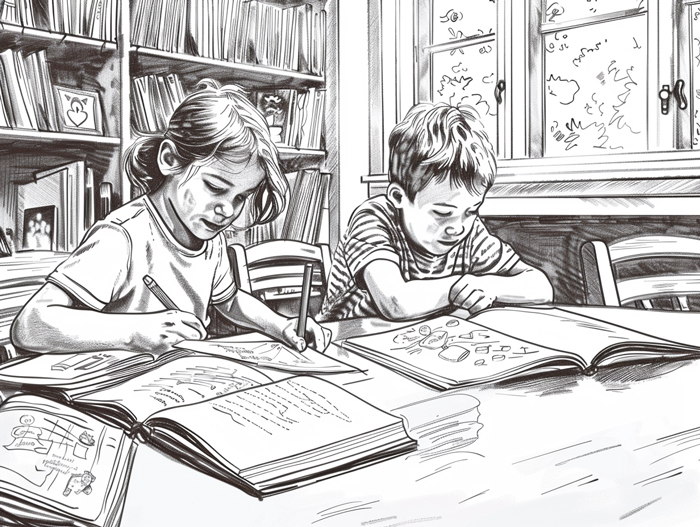
Positive Adjectives for Anxious with 12 Example Sentences
When it comes to describing anxious feelings, there are several positive adjectives that can help articulate these emotions. These words not only allow us to better understand ourselves and our experiences but also promote empathy and understanding in others. Here are 12 examples of positive adjectives that can be used to describe anxious emotions:
| Adjective | Example Sentence |
|---|---|
| Excited | I’m excitedly apprehensive about the upcoming event. |
| Eager | I’m eagerly anticipating the results. |
| Curious | I’m curious and nervous to see what happens next. |
| Determined | I’m determined to overcome my anxiety. |
| Brave | I’m being brave and facing my fears head-on. |
| Resilient | I’m resilient in the face of anxiety. |
| Hopeful | I’m feeling hopeful despite my anxious thoughts. |
| Motivated | I’m motivated to challenge my anxious thoughts. |
| Empowered | I feel empowered to manage my anxiety. |
| Focused | I’m trying to stay focused despite my anxiety. |
| Confident | I’m confident in my ability to overcome my anxiety. |
| Inspired | I’m inspired to find ways to cope with my anxiety. |
By using these positive adjectives, we can reframe anxiety as a normal part of life and promote a more optimistic perspective on dealing with anxious emotions.
Negative Adjectives for Anxious with 5 Example Sentences
While it’s important to acknowledge and address anxious emotions, there are also negative adjectives that can be used to describe these feelings. These words help us explore the different dimensions of anxiety and foster understanding about its impact. Here are five examples of negative adjectives that can be used to describe anxious emotions:
| Adjective | Example Sentence |
|---|---|
| Overwhelmed | I’m feeling overwhelmed by my anxiety. |
| Panicked | I’m panicking over the upcoming presentation. |
| Paralyzed | I feel paralyzed with fear in social situations. |
| Helpless | I feel helpless when my anxiety takes over. |
| Stressed | I’m stressed out about the upcoming deadlines. |
Using these negative adjectives can help individuals identify and communicate their feelings of anxiety, leading to a better understanding and support from others. It’s essential to remember that everyone experiences anxiety differently, and it’s okay to seek help and support when needed.
By expanding our vocabulary and using descriptive words, we can effectively communicate our anxious emotions and foster empathy and understanding towards ourselves and others. Whether positive or negative, these adjectives allow us to articulate our feelings and take steps towards managing anxiety in a healthy way.
Keep reading to learn more about adjectives for anxious emotions in different scenarios, including everyday, social, academic, and environmental situations.
Synonyms and Antonyms with Example Sentences
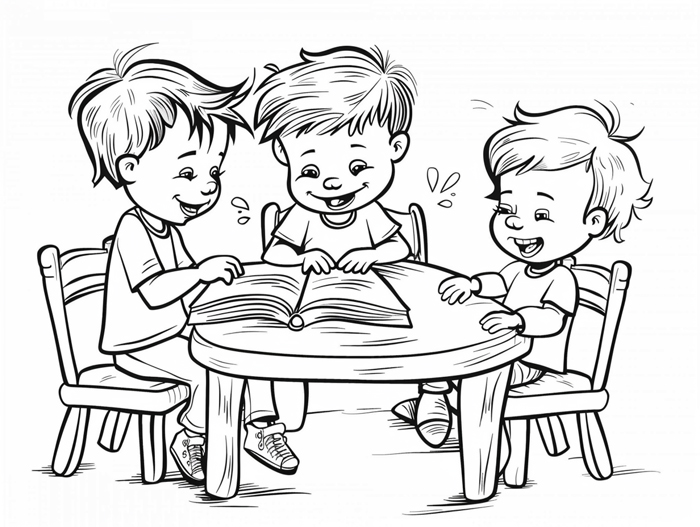
Synonyms for Anxious
When trying to express anxious feelings, it’s helpful to have a variety of adjectives at our disposal. Here are some synonyms for “anxious” that can help convey our emotions effectively:
- Nervous – Feeling apprehensive or on edge. Example: “I feel nervous about taking the test.”
- Worried – Feeling concerned or uneasy. Example: “I’m worried about the upcoming presentation.”
- Stressed – Feeling overwhelmed or under pressure. Example: “I’m feeling really stressed about the deadline.”
Using different synonyms allows us to capture the nuances of our anxious emotions and better communicate with others.
Antonyms for Anxious
On the other hand, sometimes it’s helpful to describe the opposite of anxious feelings. Here are some antonyms for “anxious” that can help express a sense of calm and relaxation:
- Calm – Feeling peaceful and composed. Example: “After practicing deep breathing, I felt much calmer.”
- Content – Feeling satisfied and at ease. Example: “Listening to my favorite music makes me feel content.”
- Relaxed – Feeling free from tension and stress. Example: “Taking a long bath helps me to feel relaxed.”
Using antonyms can provide a balanced perspective and help us understand different emotions. By expanding our vocabulary and utilizing a wide range of adjectives, we can effectively describe our anxious feelings and promote understanding and empathy.
Conclusion
Expanding our vocabulary and using a range of adjectives is crucial when describing anxious emotions. By employing different words, we can better communicate our feelings of anxiety and foster understanding and empathy. This article has provided a comprehensive list of synonyms and antonyms for “anxious,” accompanied by example sentences. These examples showcase how each adjective can effectively convey the nuances of anxiety. By incorporating these descriptive words into our conversations and writing, we can paint a more vivid picture of our anxious experiences.
Managing anxiety is an ongoing process, and having a diverse range of adjectives at our disposal can be immensely helpful. It allows us to articulate our emotions more precisely and seek appropriate support when needed. Remember, language is a powerful tool, and by using it effectively, we can better navigate our anxious moments and promote mental well-being. So, let’s continue expanding our vocabulary and embracing the richness of language to describe our anxious feelings with clarity and accuracy.
